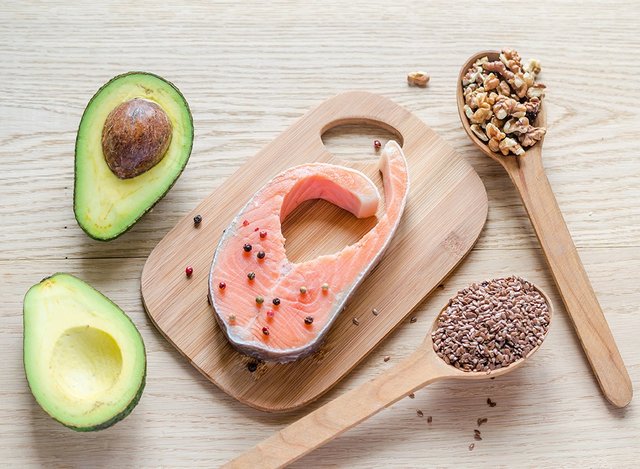
Science has come a long way since the simplistic admonition in the 1980s for Americans to eat less fat.
It has taken nearly 30 years to officially reverse some recommendations about cholesterol and fat intake, even with relatively strong evidence that the recommendations were not based on current scientific evidence. Also, contrary to our thought process in the 1980s, it isn’t as simple as “saturated fats are bad” and “unsaturated fats are good.”
It was that exact overly simplistic thinking that resulted in the near extinction of tropical oils from the food supply and the explosion of hydrogenated vegetable oils (think trans-fat). The truth of the matter is that not all polyunsaturated fats are healthy, nor are all saturated fats unhealthy.
There has also been a shift in what most experts agree is a healthier macronutrient ratio of carbohydrates, proteins, and fats. The long-time recommendation to eat low fat and high carbohydrate has now been adjusted to slightly increase fat and decrease carbohydrates to a more moderate level of both.
Although most experts would still agree with the fact that fats derived from plant sources, which are primarily unsaturated fats, should comprise the majority of fat intake, some research has indicated that replacing all saturated fat with carbohydrates may actually worsen heart health and disease risk.
So, as it turns out with most nutrition and health related subjects, the best advice is balance and moderation.
The most recent evidence indicates that replacing saturated fatty acids with MUFAs or carbohydrates does not improve endothelial function, nor does it decrease coronary heart disease risk. Endothelial cells are cells that line the inner blood vessels that mediate coagulation, platelet adhesion, immune function, and control the dilation and narrowing of blood vessels (called vasodilation and vasoconstriction). Endothelial dysfunction is thought to be a key event in the development of atherosclerosis, a disease in which plaque builds up inside your arteries.
Saturated fats have a big advantage over polyunsaturated fats when it comes to stability. They are much less prone to oxidation and rancidity. Even the healthiest of polyunsaturated fats becomes unhealthy once it is oxidized. This is a real potential concern in processed products that require a fairly long shelf life.

It may take many more years for the official recommendations to catch up with science when it comes to saturated fat, but the evidence is mounting. Until then, our mission is to provide the healthiest and best quality products based on current science. Currently, the science says get a variety of fats from healthy sources such as nuts, seeds, fruits and vegetables (avocados, olives), and that our avoidance and fear of saturated fats (especially from tropical plants) has been largely exaggerated and unnecessary.
Thanks for reading!
The Smile Acapulco Team
Hi! I am a robot. I just upvoted you! I found similar content that readers might be interested in:
http://blog.doctoroz.com/oz-experts/dietary-fats-the-shift-in-expert-recommendations
Downvoting a post can decrease pending rewards and make it less visible. Common reasons:
Submit